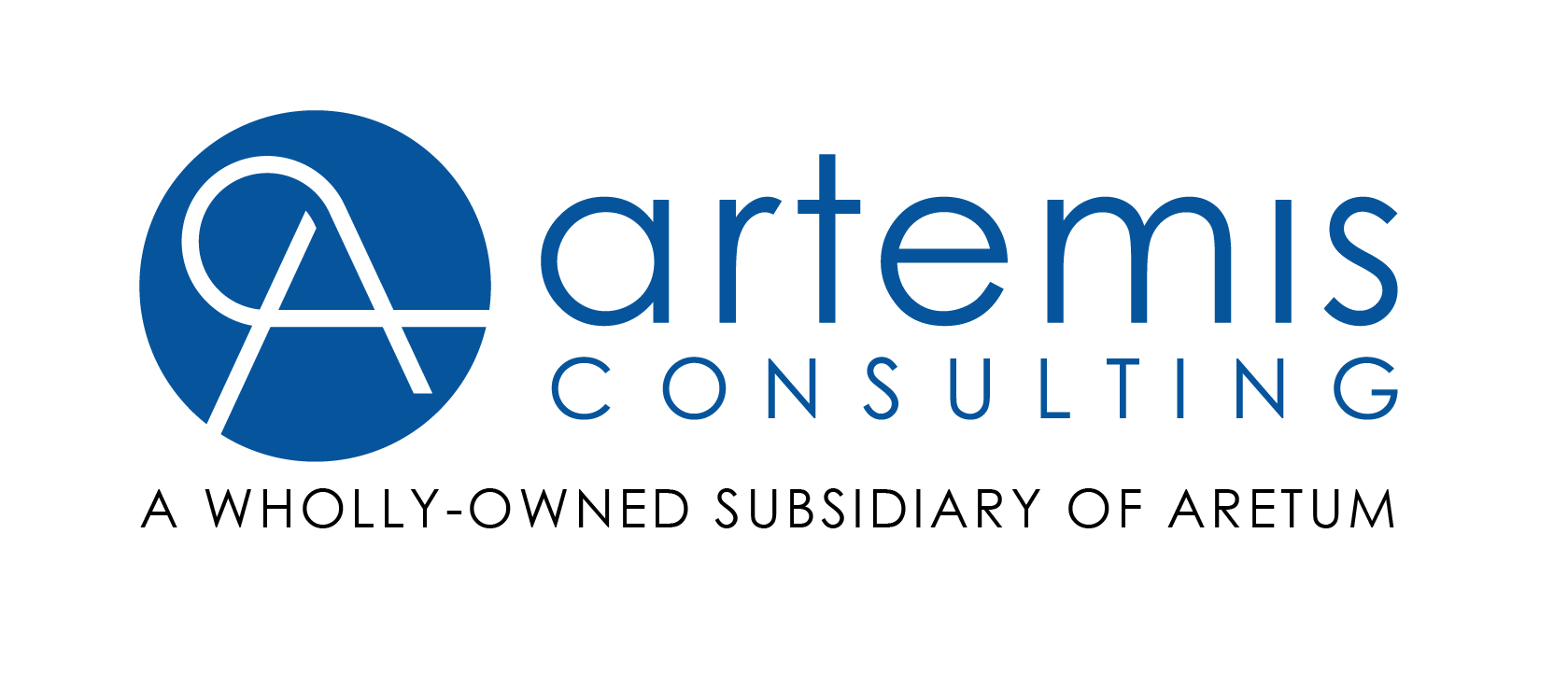
As you begin 2016, have you asked your team what their professional goals are for the year? Have you asked yourself what your professional goals? Studies have shown that goal-setting and planning are crucial to professional growth and happy, engaged teams.Before writing this blog, I reviewed various New Year’s resolution blogs, both professional and personal. Several mentioned: be grateful every day, be more active, build in time to play and be creative into your schedule as it will help your personal health and professional outlook. Another said it was time to start making better decisions about which “fun and good” things you elect to do considering the total time sink involved. Yet another set of blogs spoke of setting high professional and personal welfare goals, (such as running a marathon) and breaking them down into sizable chunks (start with a 3K race) to make it more achievable. I was quite overwhelmed by the number of things I should start trying this January!
As you begin 2016, have you asked your team what their professional goals are for the year? Have you asked yourself what your professional goals? Studies have shown that goal-setting and planning are crucial to professional growth and happy, engaged teams.
Before writing this blog, I reviewed various New Year’s resolution blogs, both professional and personal. Several mentioned: be grateful every day, be more active, build in time to play and be creative into your schedule as it will help your personal health and professional outlook. Another said it was time to start making better decisions about which “fun and good” things you elect to do considering the total time sink involved. Yet another set of blogs spoke of setting high professional and personal welfare goals, (such as running a marathon) and breaking them down into sizable chunks (start with a 3K race) to make it more achievable. I was quite overwhelmed by the number of things I should start trying this January!
So, if you find yourself in the same place or don’t know how to help your team and staff get started, try this approach. This four-step approach will start the New Year out on the right foot.
1. Start with yourself. First – what do you want to do differently in your personal life this year? A happier, more fulfilled you is going to imbue positive energy in every part of your life. Your goals can be simple. And, limit them to no more than 1-2 to be truly successful.
Several years, ago, I was lamenting to a colleague about how I never had time for a yoga class once my children were born. I loved yoga because it made me feel strong and calm at the same time. My colleague started laughing at me, but upon seeing my reaction, he said, “..why don’t you DVR a yoga show and do yoga in the convenience of your own home and your own schedule?” The next day, he brought me the name of a yoga DVD his wife loved. That day, I learned if my football-loving, wouldn’t-be-caught-dead-near-a-yoga-studio, colleague was willing to help me feel better through yoga – I could find 90 minutes in my week to feel happier about myself. I never did start up yoga again, but, I did get up 60 minutes earlier three days a week to run. And I was a much happier person for it!
2. What are your professional goals for the year?
Break them into what new skills do you want to learn, what area of knowledge do you want to gain, what do you want to do differently this year professionally. Even CEOs of companies, and the best, fastest developers have things they want to get better at, or learn. You can pick from simple soft skills such as facilitating meetings better to more complex longer-term skills such as learning to code in a new language.
3. Create a plan to achieve your personal and professional goals. Make it simple but actionable and measurable so, that you don’t overwhelm yourself and can measure your accomplishments at the end.
In the Washington, D.C. area, like many cities, we are blessed with a large number of universities and the fabulous graduate schools for formal structured learning. We also have numerous less formal outlets for skill-building. Every year professional associations, from the Project Management Institute (PMIdc.org) and Women in Technology (www.wit.org), to the ACT-IAC (https://www.actiac.org/) host free or low-cost lectures and seminars. Federal employees and consultants who work at federal worksites also have access to numerous brown-bags held by US agencies every year. Be creative as you seek out sources for skill building, think out-of-the-box and consider podcasts or blogs that allow you to read or listen and learn from anywhere.
4. Spend some time thinking about how you can contribute to your workplace, program, or office and then share the ideas with your team, manager or senior management.
The benefits from this way of thinking are multi-faceted. You are adding something interesting to your otherwise routine day, you could be identifying a new role for yourself in your group, or you might simply have the satisfaction of improving something. In addition, your manager will notice that you are taking initiative and going the extra mile.
Almost 10 years ago, I found myself in a new division of my company. I knew very few of my colleagues outside of my team and felt that my world was very small. I heard from my manager that the COO was standing up a group to work on internal efficiencies and process improvements. I hesitated to join the group since I didn’t have much extra time in my day and I worked downtown while the corporate offices were in Virginia. In the end, I joined the group. After 2 years, I had the satisfaction of knowing that I had been part of the founding group that had a voice in major process improvements in the company that benefited both employees and our customers. The icing on the cake is that along with the process improvement team, I received recognition in front of the entire company for our significant contributions to the company, setting me up for a senior management position.
So – go forth, plan, and be bold!
